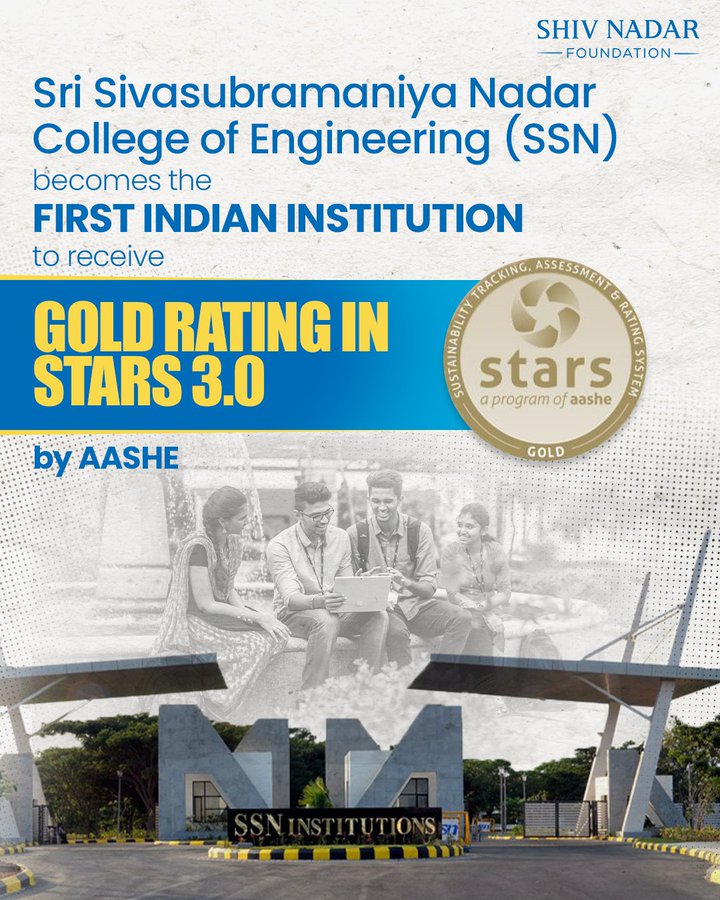How Interdisciplinary Learning Prepares Students for Real-World Challenges
Today’s modern world is such that students who rely only on traditional academic knowledge may do well, but they won’t succeed easily. There is a need for critical thinking skills, collaboration, and problem-solving skills. This is the aim of the Shiv Nadar University, Noida. The university uses interdisciplinary learning to develop skills in its students. It helps students develop critical skills, generate ideas from various fields, and become confident leaders who manage real-world problems. This approach reflects the rising demand for modern education in India, where students need more than textbooks to excel through transformative learning.
The Power of Interdisciplinary Learning
Transformative learning happens when students go beyond separate fields of knowledge. In this aspect, Shiv Nadar University, Noida, combines ideas of different subjects like economics, sociology, and technology. This helps students tackle the problems from various angles. Not only this, but it also develops curiosity, creative problem-solving, and critical thinking skills in them.
Research is often collaborative, according to Rajat Kathuria, Dean of Shiv Nadar University’s School of Humanities and Social Sciences. Multidisciplinary settings foster the greatest ideas as students debate a wide range of subjects from many disciplines, exchange information, and question preconceptions. This approach nurtures leadership qualities in students, preparing them to do well in different fields. Also, it develops skills in students that are useful in academic as well as real-world situations.
How Shiv Nadar University Shapes Future Leaders
Some real-world concerns that require expertise from several fields are health, technology, and climate change. Educational leadership graduate programs at Shiv Nadar University, Noida, educate students to collaborate on projects from numerous fields. They gain the knowledge of different ideas, become strong leaders, and solve problems efficiently through this. Not only this, but learning across subjects helps encourage planning, flexibility, and teamwork. Students get prepared to handle different challenges in the world. These educational leadership graduate programs play a key role in producing leaders who can address global issues effectively.
Benefits of Modern Education in India
Interdisciplinary learning is transforming modern education in India by turning students into active problem solvers rather than passive learners. With degrees that integrate the arts, sciences, and social sciences, Shiv Nadar University in Noida is a pioneer in this approach, providing students with relevant and useful education. Graduates of this program are prepared to lead, develop, and effect change in the industrial and social sectors. This form of teaching fosters the important life skills of curiosity, sensitivity, and adaptability. These attributes enable learners to effectively advise others in a range of dynamic situations, handle difficult problems, and foster creativity.
Conclusion
Multidisciplinary education offers students the abilities they need to boldly take on difficulties in the real world. Through the integration of knowledge from several fields, the promotion of collaboration, and the development of leadership qualities, Shiv Nadar University Noida is training a generation of students to create and inspire. This approach is not only beneficial but also essential for the Indian educational system to produce the leaders of the future.
FAQs
Q1. How to support education for all?
Support foundations, rural programs, and equal access to resources.
Q2. Why is the quality of education important?
It increases confidence, knowledge, and excellent abilities.
Q3. Why do we need more innovation in education?
Critical thinking, problem-solving, and preparedness for the actual world are all improved by innovation.













